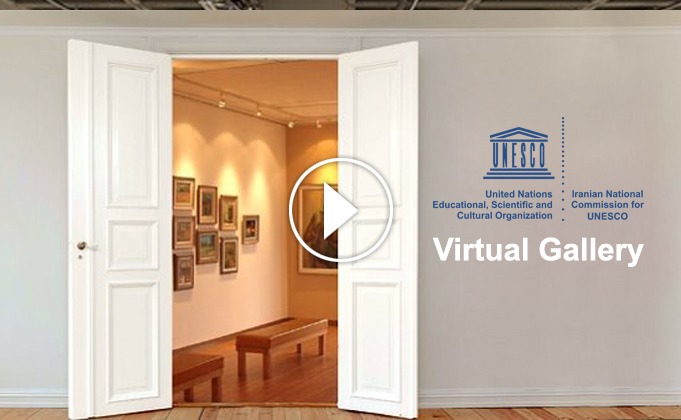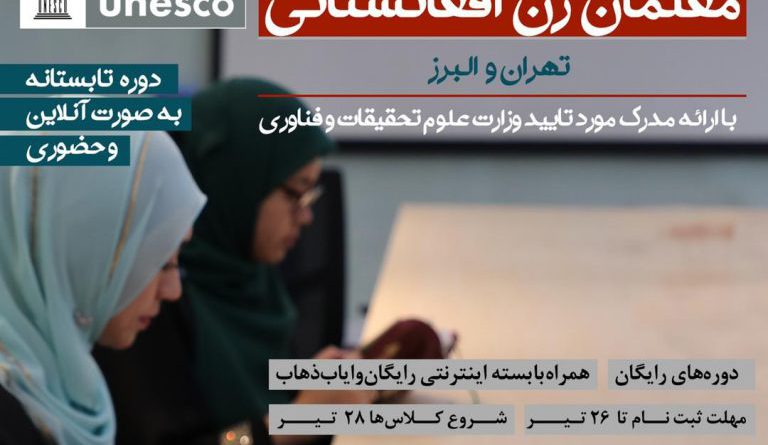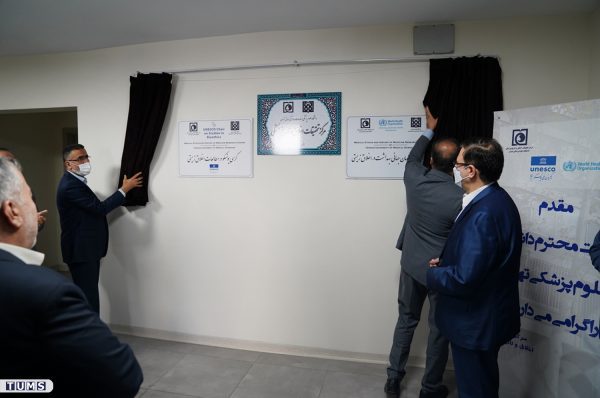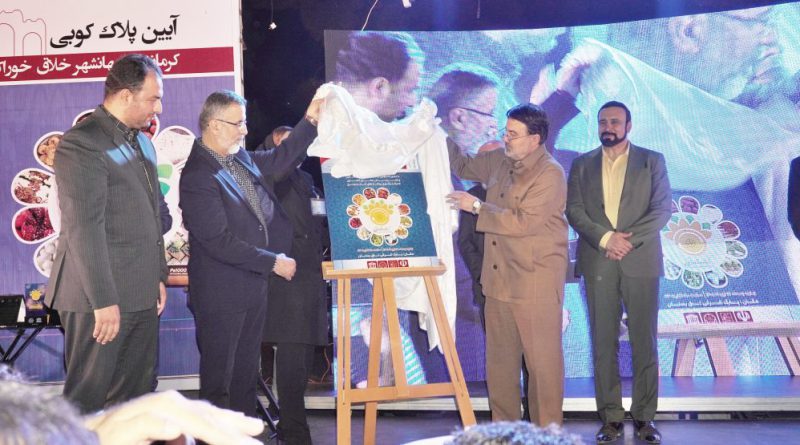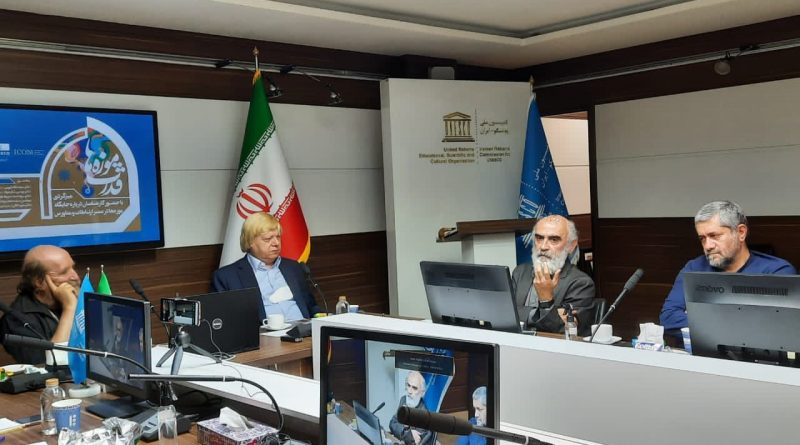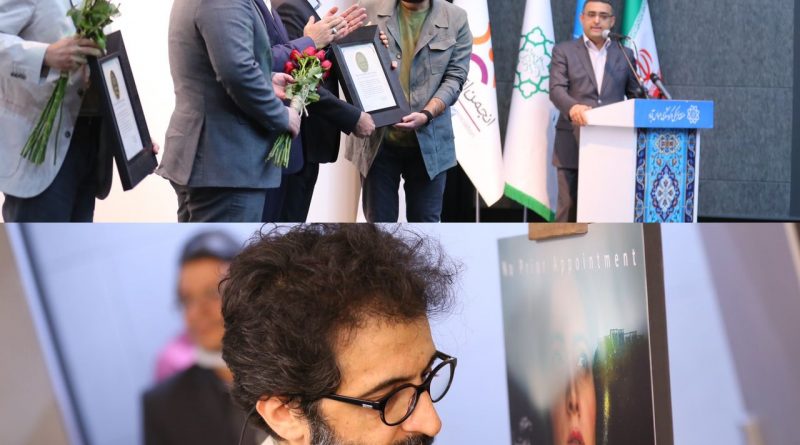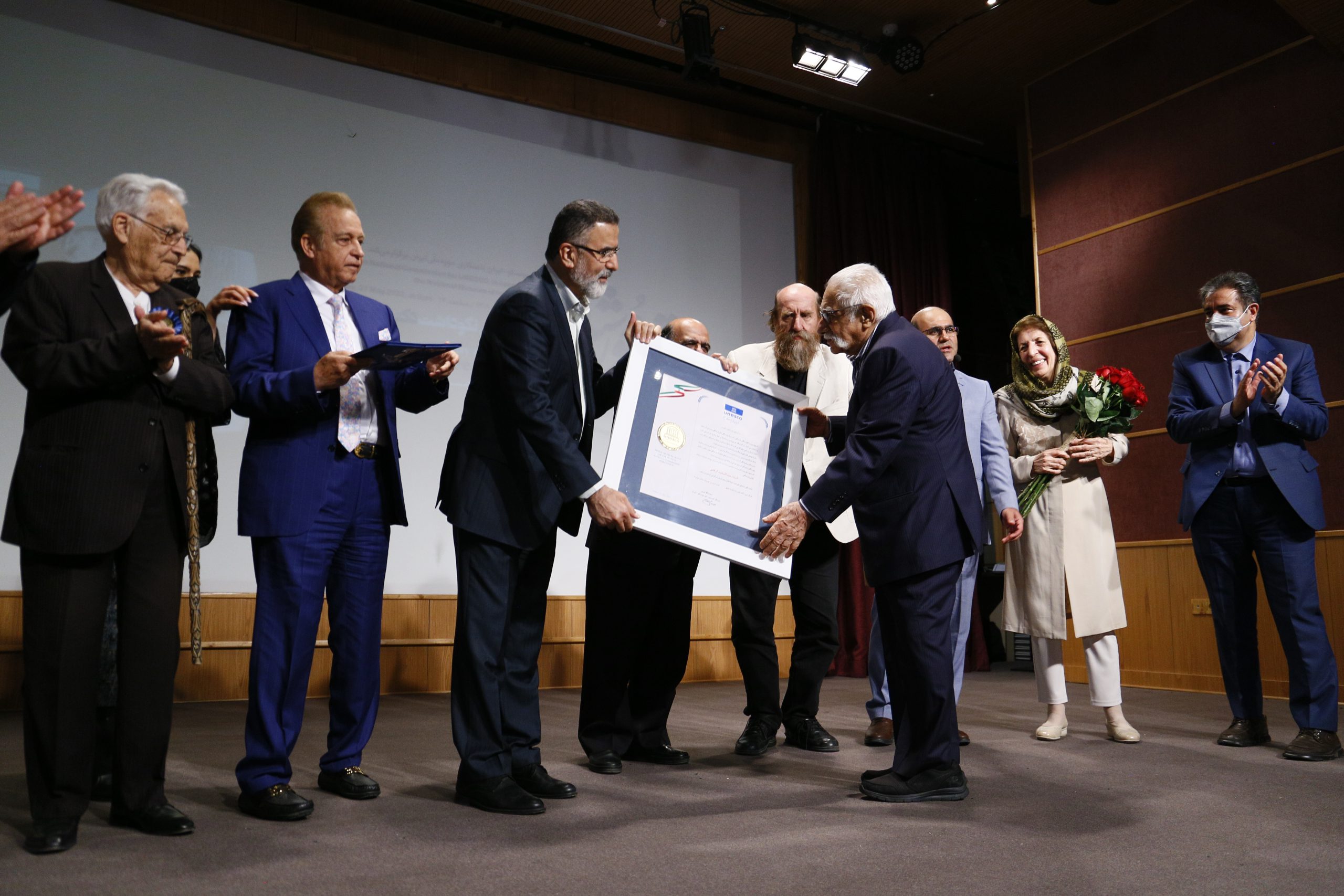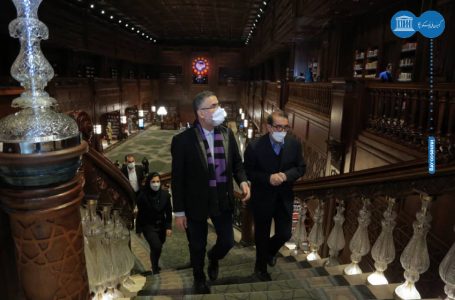Governing Bodies
- Home
- »
- Governing Bodies
Iranian National Commission for UNESCO
Governing Bodies
According to its Constitution, the governing bodies of the Iranian National Commission for UNESCO are threefold:
Supreme Council, Executive Council and the Secretariat of the Iranian National Commission for UNESCO
Supreme Council
As the most important decision-making body of the Iranian National Commission for UNESCO, the Supreme Council’s main responsibilities are policy-making and determining the NatCom’s main lines of action within the framework of UNESCO’s fields of competency and programmes, budget appropriation, approving members of Iranian delegations to the UNESCO General Conference and providing guidelines for the development of the activities of the Iranian National Commission for UNESCO and related bodies.
Composition
Ministers of Science, Research and Technology, Foreign Affairs, Culture and Islamic Guidance and Education as well as the Secretary General of the Iranian National Commission for UNESCO, Head of the Department of Environment, Head of the Islamic Republic of Iran Broadcasting and seven of the well-known personalities in the fields of science and culture. The President of the Supreme Council is the Minister of Science, Research and Technology.
Executive Council
The Executive Council has a supervisory role over programmes adopted by the Supreme Council.
The most important activities of the Executive Council include:
Proposing the NatCom’s programme and budget plan to the Supreme Council; following-up proposals submitted by the IR of Iran to the General Conference of UNESCO and other UNESCO fora; following-up the Government’s proposals on the implementation of UNESCO programmes, decisions and recommendations at the country level; and offering the Government necessary advice on how to contribute to activities for planning, implementing and evaluating UNESCO programmes and activities at the country level.
Composition
The Executive Council is composed of the President of the Iranian National Commission for UNESCO (the Minister of Science, Research and Technology), Secretary-General of the Iranian National Commission for UNESCO, Deputy for Cultural Affairs at the Iranian Ministry of Culture and Islamic Guidance, full-power Representatives of the Ministers of Education and Culture and Islamic Guidance, full-power representative of the Head of the Islamic Republic of Iran Broadcasting, Director General for International Affairs of the Ministry of Foreign Affairs, Head of the Iranian Cultural Heritage, Handicrafts and Tourism Organisation and one of the scientific or cultural personalities member to the Supreme Council.
Secretariat
The Secretariat of the Iranian National Commission for UNESCO is the body in charge of implementing UNESCO programmes and activities at the Country level. The Secretariat also follows-up adoptions of the Supreme Council in coordination with the Executive Council. The secretariat of the Iranian National Commission for UNESCO has a structure similar to the UNESCO secretariat at Headquarters, in Paris. The Secretariat is thus comprised of programme sectors, logistics and service divisions. On an organizational basis the Secretariat of the Iranian National Commission for UNESCO is affiliated to the Ministry of Science, Research and Technology. The Secretariat is managed by the Secretary General of the Iranian National Commission for UNESCO.
The Secretary General is appointed from among scientific and cultural personalities by the orders of the Minister of Science, Research and Technology and with approval of the Cabinet.
Responsibilities of the Secretariat
Preparing the NatCom’s annual programme and budget plan in coordination and cooperation with the Executive Council of the NatCom; Establishing links with other UNESCO national commissions, especially those in the Region, for a better implementation of UNESCO programmes and activities in a participatory manner; liaising with national entities such as various ministries, institutions, GOs and NGOs and the civil society; supervising implementation of UNESCO programmes and activities at the Country level and following-up their implementation; carrying-out and conducting relevant needs assessment studies at national level in its various fields of competence, i.e. education, science, communication, culture and social and human sciences, in cooperation with its specialised committees; translating and publishing UNESCO publications as well as publications of other educational, scientific and cultural organizations; establishing links with the Permanent Delegation of the IR of Iran to UNESCO; and preparing the annual report of the Iranian National Commission for UNESCO.
Programme Sectors
The programme sectors at the Iranian National Commission for UNESCO resemble the diverse five-fold programme sectors of UNESCO and are in conformity with the Organisation’s five main action areas and include:
The Natural Sciences Department; the Education Department; the Social and Human Sciences Department; the Culture Department; and the Communication and Information (CI) Department
To promote UNESCO programmes and activities at the Country level, each of these specialised departments are comprised of specialised national committees, which are composed of intellectuals in the various fields of competence of the committees. The Iranian National Commission for UNESCO has 13 specialised national committees with 207 real and legal members in sum. The members are mainly representatives of ministries, institutions, organizations and associations whose activities are related to UNESCO’s action areas.
Logistics Division
The finance and administration office as well as the Information and Technology Unit of the NatCom, the Translation Office and the Supplies office make up the Iranian National Commission for UNESCO’s logistics Division.
Service Division
This division comprises the Library and Archives Centre as well as the Publications and Public Relations Offices.
The First Virtual International Exhibition and Conference on Calligraphy along the Silk Road Countries

VIRTUAL GALLERY OF IRANIAN NATIONAL COMMISSION FOR UNESCO
